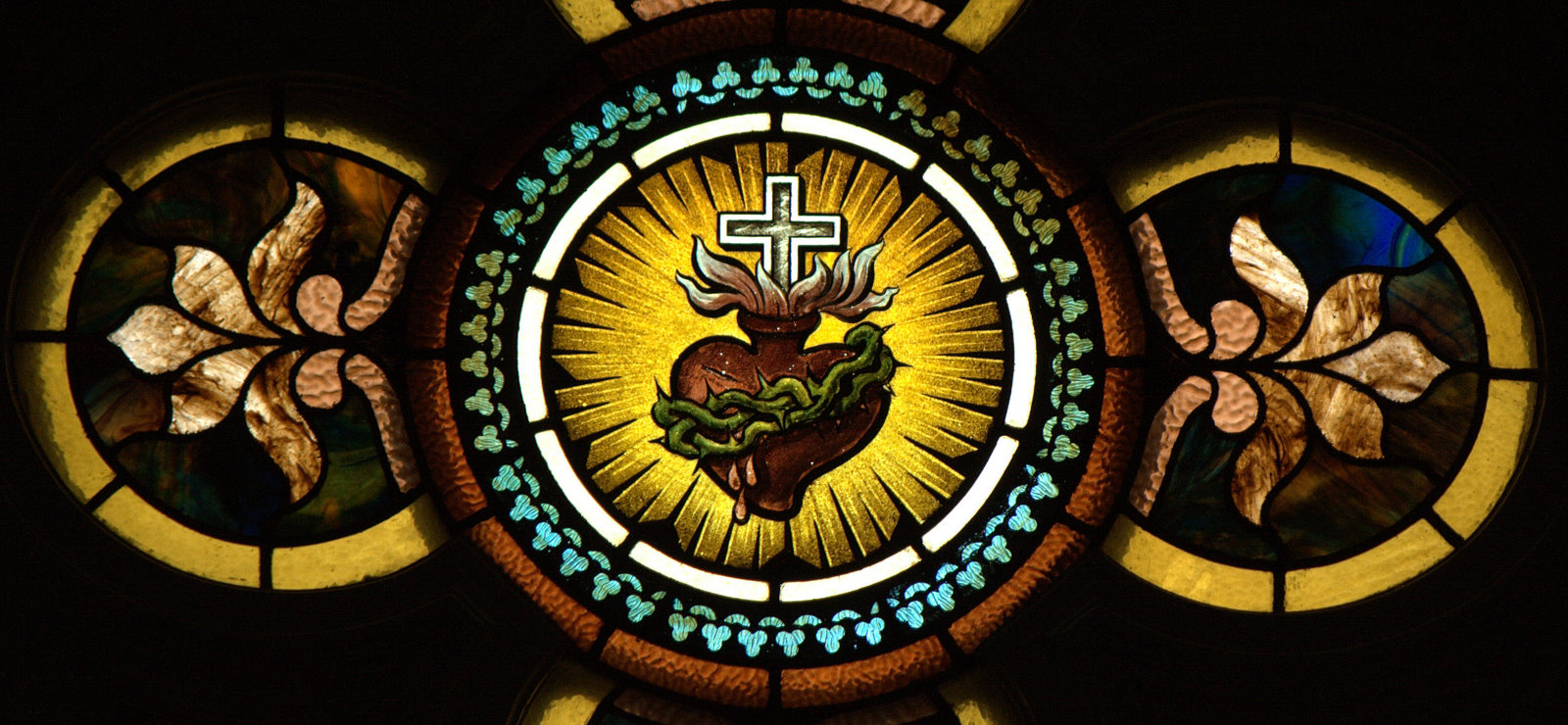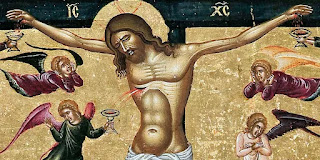
The Raising of Lazarus after Rembrandt, Vincent van Gogh,1890.
My dear brothers and sisters,
As I have most Sundays of Lent thus far, I turn to the reading from the Old Testament, the promise of God to the prophet Ezekiel. Once again, as I have been doing the past few weeks, the idea is to get a sense of how to read scripture, so that it reveals itself to us in all its depth – a depth of which, I must confess, I am plumbing only the surface.
Let us listen to it once again in its entirety, and then break it down, line for line.
Thus says the Lord GOD:
O my people, I will open your graves
and have you rise from them,
and bring you back to the land of Israel.
Then you shall know that I am the LORD,
when I open your graves and have you rise from them,
O my people!
I will put my spirit in you that you may live,
and I will settle you upon your land;
thus you shall know that I am the LORD.
I have promised, and I will do it, says the LORD.
Right at the very outset we know, from the closing words of this reading: “I have promised, and I will do it,” that this is a prophesy, a promise that something will happen in the future. Our gospel reading for the day helpfully points us to the fulfillment of the prophesy: the raising of Lazarus from the tomb.
As the gospel tells us:
So Jesus… came to the tomb.
It was a cave, and a stone lay across it.
Jesus said, “Take away the stone.”
And then later in the gospel:
He cried out in a loud
voice,
“Lazarus, come out!”
The dead man came out
As prophesied in Ezekiel, Jesus opened the grave and had Lazarus rise from the grave.
Now, as in the Gospel reading from last Sunday, all of this is a sign, to show quite clearly, that Jesus is the Messiah, the Son of God, the promised of ages, and more that He is God Himself, for as the prophesy says: “Then, you shall know that I am the Lord”.
For those who were viewing the raising of Lazarus, and we must remember that these were people steeped in the knowledge of the scriptures, the sign should have been clear, Jesus, the man who raised Lazarus, is not simply man, he is The Lord.
But this is not the only time that Jesus, raises people from their tombs. Think now to the gospel according to Mathew (27:52) which tells us that at the moment that Jesus breathed His Last, “The tombs also were opened, and many bodies of the saints who had fallen asleep were raised.”
I will open your graves
and have you rise from them,
and bring you back to the land of Israel.
Then you shall know that I am the LORD
But these lines do not operate only at a literal level, there is also an allegorical reading which is possible. To understand the allegorical reading, we need to return to the verse from Mathew which I just read, “bodies of the saints who had fallen asleep were raised.”
This is not the first time that the physically dead are referred to as asleep. In today’s gospel Jesus suggests “Our friend Lazarus is asleep”, he does this earlier in the episode when he heals the daughter of Jairus (Mk 5: 39; Lk 8: 52). There also, he suggests to the mirth of those present: ‘“Why do you make a commotion and weep? The child is not dead but sleeping.”’
Jesus suggests that they are sleeping because for the Christian, physical death is merely sleep, the sleep of the body which awaits resurrection of the body. However, there is another kind of person who sleeps, and is therefore spiritually dead, the kind of death we must fear. This sleeper is the one who rejects the light of the Son of Man. Thus, reject Christ, and you are asleep, and therefore dead. Those who accept Christ, even though they may be physically asleep, that is, dead in the eyes of the world, are in fact alive the Spirit and patiently await their resurrection in the flesh on the day of the Final Coming of Our Lord. These latter people may either be working off their sins in Purgatory, or already united in Heaven with our Lord, contemplating Him in the heavenly court.
It is this life in the spirit, a life in the presence of God which is the land of Israel referred to in the first reading from the Prophet Ezekiel. This land of Israel is the garden of Eden that we are to return to – think back to the first Sunday of Lent; the land promised to the Israelites.
Let us return to today’s reading from Ezekiel:
I will put my spirit in you that
you may live,
and I will settle you upon your land;
This another promise made to the people of Israel, and this too has been fulfilled. With the descent of the Holy Spirit at Pentecost, and subsequently through the sacraments of the Church, but especially through baptism, confirmation, confession, the Eucharist, the Spirit lives within each one of us, so that we may live.
Thus, as St. Paul says in his letter to the Romans that we heard today:
if Christ is in you,
although the body is dead because of sin,
the spirit is alive because of righteousness.
If the Spirit of the one who raised Jesus from the dead dwells in you,
the one who raised Christ from the dead
will give life to your mortal bodies also,
through his Spirit dwelling in you.
With this Spirit within us, we are in fact right now already in the Kingdom of God, the promised land. We are alive, and must now work, with the strength of the spirit within us, to remain alive.
My dear brothers and sisters in Christ, Christ raised not just Lazarus from the dead, through his death on the cross and his triumph over death, which is sin, he has given life to all of us, calling us all from the cave of sin, the cave of spiritual darkness. He has bestowed on our mortal bodies, which are so prone to sin, the power to challenge the flesh and live in the spirit.
At this point I would like to introduce to you the concept of sufficient grace. We MUST believe that we have been given enough to contest sin. Indeed, even when we sin, and fall, the recognition that we have sinned, is a part of the sufficient grace that has been given to us. It allows us to recognise that we need to return to God and His life.
As we slowly come to the end of the Lenten season let us resolve to take recourse to this spirit to reject every sin that keeps us from appreciating that we are already in our promised homeland, the Kingdom of God. When we sin, let us rejoice that we have the sacrament of confession to return into the grace that we have rejected.
And so I leave you with the echo of the challenge that St. Paul issued to us lasat Sunday:
Awake, O sleeper,
and arise from the dead,
and Christ will give you light.
(A version of this homily was first preached at the parish church of St. Thomas the Apostle, Aldona on 26 March 2023.)


